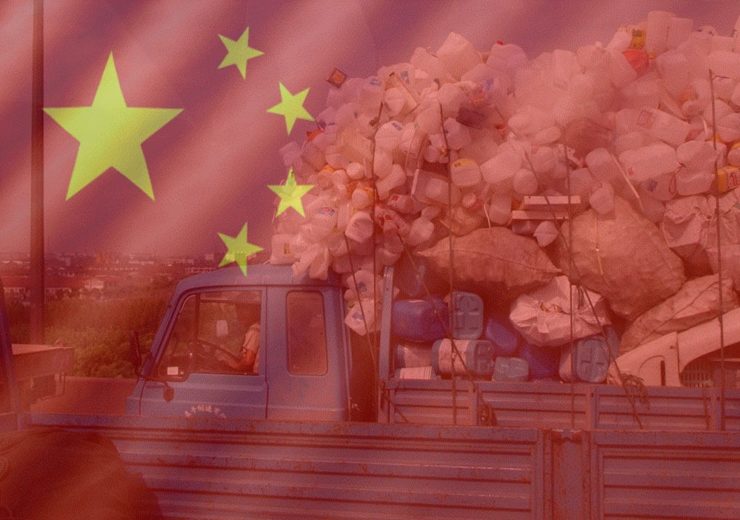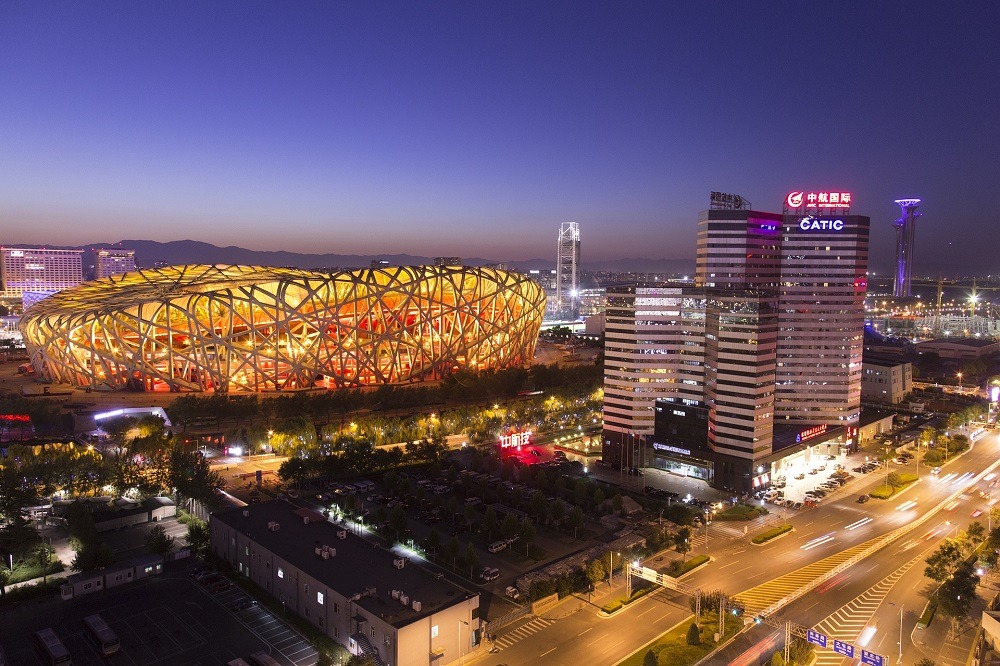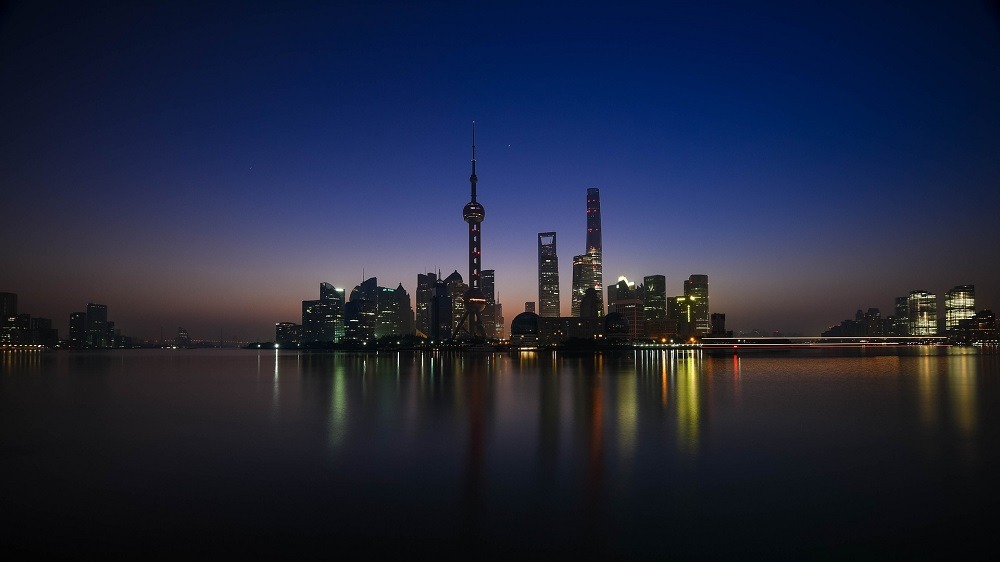This year will see China make it illegal for restaurants to sell single-use straws, with plastic bags also being banned across its major cities

In 2018, China banned the importation of 24 types of waste material (Credit: Wikimedia/Paul Louis)
China was once the world’s dumping ground — but its government has set out a new vision to remove all single-use plastic waste.
The east-Asian country, which imported 5.76 million tonnes in 2017, has set out a five-year plan that tackles waste management and urges industries to cut down on using non-recyclable materials.
It will mark a major turnaround for a nation that is one of the world’s largest plastic users, with a University of Oxford study showing its 1.4 billion citizens producing 60 million tonnes of plastic waste in 2010 — 22 million more tonnes than the second-placed US.
Straws and single-use plastic bags: What’s China looking to ban?
By the end of this year, all the country’s major cities – such as Beijing and Shanghai – will ban single-use plastic bags, with this being introduced to every city and town by 2022.
Markets selling fresh produce will be exempt from this rule until 2025.
The production and sale of plastic bags that are less than 0.25mm thick will also be stopped.
Alongside this, restaurants in the country have been informed they must reduce their use of single-use plastic items by 30%.
As part of this move, China has banned the industry from using disposable straws – including non-plastics – by the end of 2020.

Hotels have also been informed they must not offer free single-use plastic items by 2025.
By the same time, single-use plastic tableware for takeaway food in cities must be cut by 30%.
The ban on such single-use plastics in the likes of hotels and takeaways will be enacted in the city of Beijing from 1 May, 2020.
China gets strict on importing waste
In recent years, China has become a lot stricter on the rubbish it imports. In 2018, 24 types of waste were banned from entering the country.
This means it no longer accepts shipments that contain a mix of recyclables and general waste.
It has also banned various plastics that are not 99.5% pure — such as polyethylene and polystyrene.
On 19 January, the country issued more policies designed to tackle some of the more prevalent single-use plastics, which will be fully implemented by 2025.
William Liu, a senior consultant at research firm Wood Mackenize, believes these new restrictions will impact plastic consumption and the petrochemical industry going forward.
He added: “Polyethylene consumption will be impacted as it is the main feed to produce bags and packaging films.
“The plastic ban will impact polyethylene consumption, but as it is first carried out in major cities and only applying to single-use plastic such as supermarkets bags, straws, tableware and hotel disposables, the impact would be limited in 2020.”
What are China’s neighbours doing about single-use plastic and illegal waste?
In November 2019, a UN Environment Programme report found that south-east Asia was lagging behind the rest of the world when it came to policies looking to tackle plastic packaging.
According to the report, more than half of the land-based plastic pollution in the world’s ocean originates from five countries – four of which are in south-east Asia.
Nations in the region have pushed forward legislation that aims to reduce their plastic footprint.
In June 2019, the Indonesian island of Bali banned all single-use plastic products.
According to a report in the South China Morning Post, however, the ban has been widely ignored by most small businesses on the island.

Earlier this year, Thailand announced it had banned single-use plastics across its major supermarkets, with this spreading across the entire country by 2021.
Malaysia — which received 456,000 tonnes of plastic rubbish between January and July — has begun to clamp down on waste imports.
In May 2019, the country’s then-environment minister Yeo Bee Yin said it would send back 3,000 tonnes of illegally imported, non-recyclable plastic waste to their places of origin.
In January, it was announced Malaysia had returned 150 shipping containers full of plastic to 13 countries — including France, UK, US and Canada.
Yin told reporters in Penang on Monday: “If people want to see us as the rubbish dump of the world, you dream on.”
The current state of China’s waste industry
China’s single-use plastic rules come as the nation’s biggest rubbish dump — which is the size of around 100 football fields — has become full, 25 years ahead of schedule.
Built in 1994, the Jiangcungou landfill in the city of Xi’an was designed to take 2,500 tonnes of waste per day.
Before it shut, the site — which serves more than eight million people — received an estimated 10,000 tonnes daily.
Xi’an was one of few cities in China to rely on landfill to dispose of household waste, with an incineration plant opened in the area last year.

The city has said the waste site will eventually become an “ecological park”.
For China as a whole, landfills are the most common way rubbish is disposed of in the country.
According to its National Bureau of Statistics, 55.9% of waste collected ended up in landfills in 2017.
Although it’s not clear what its current recycling rate is, it has been reported that China aims to recycle 35% of waste in major cities by the end of 2020.
In July 2019, Shanghai — the country’s biggest city by population — made it mandatory for residents to sort and recycle their rubbish.
